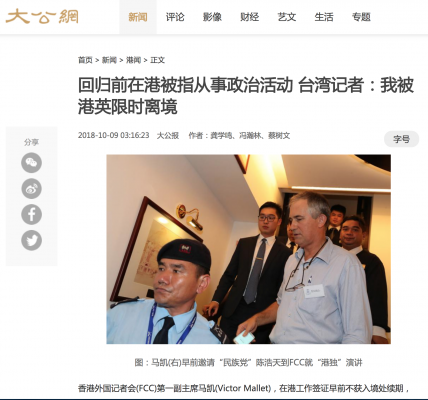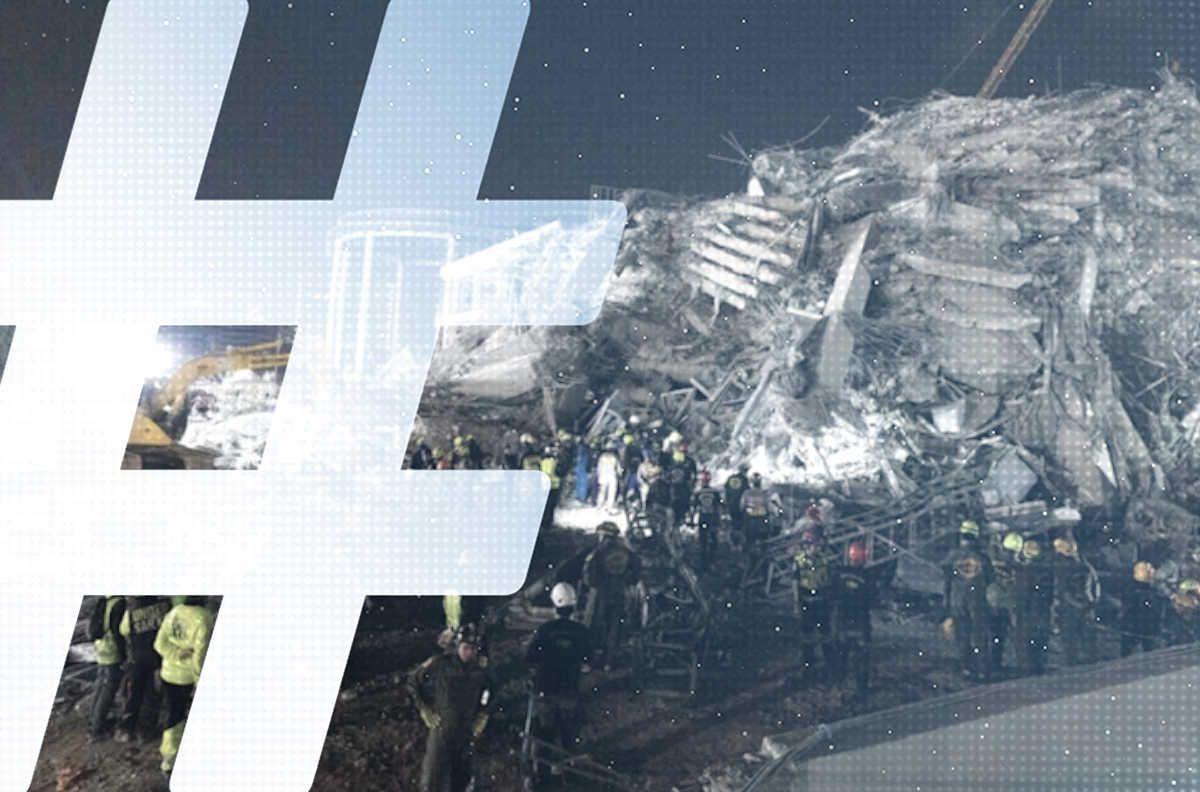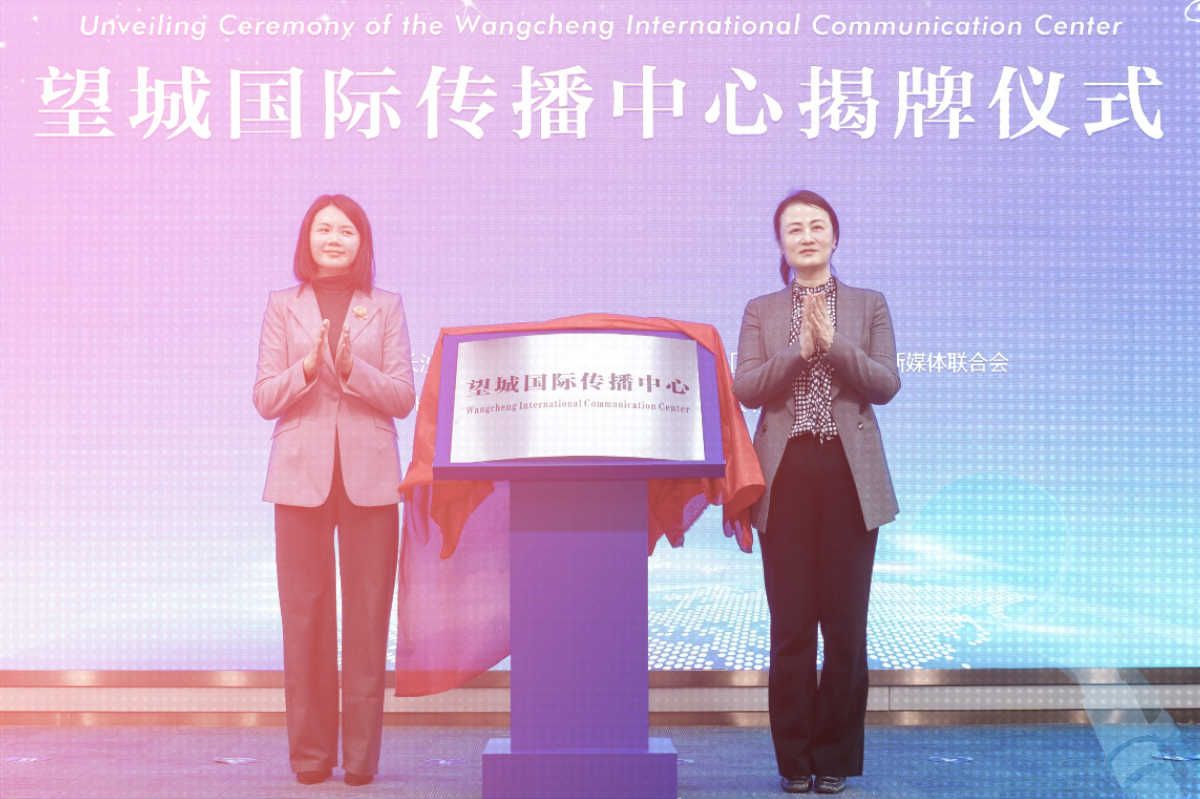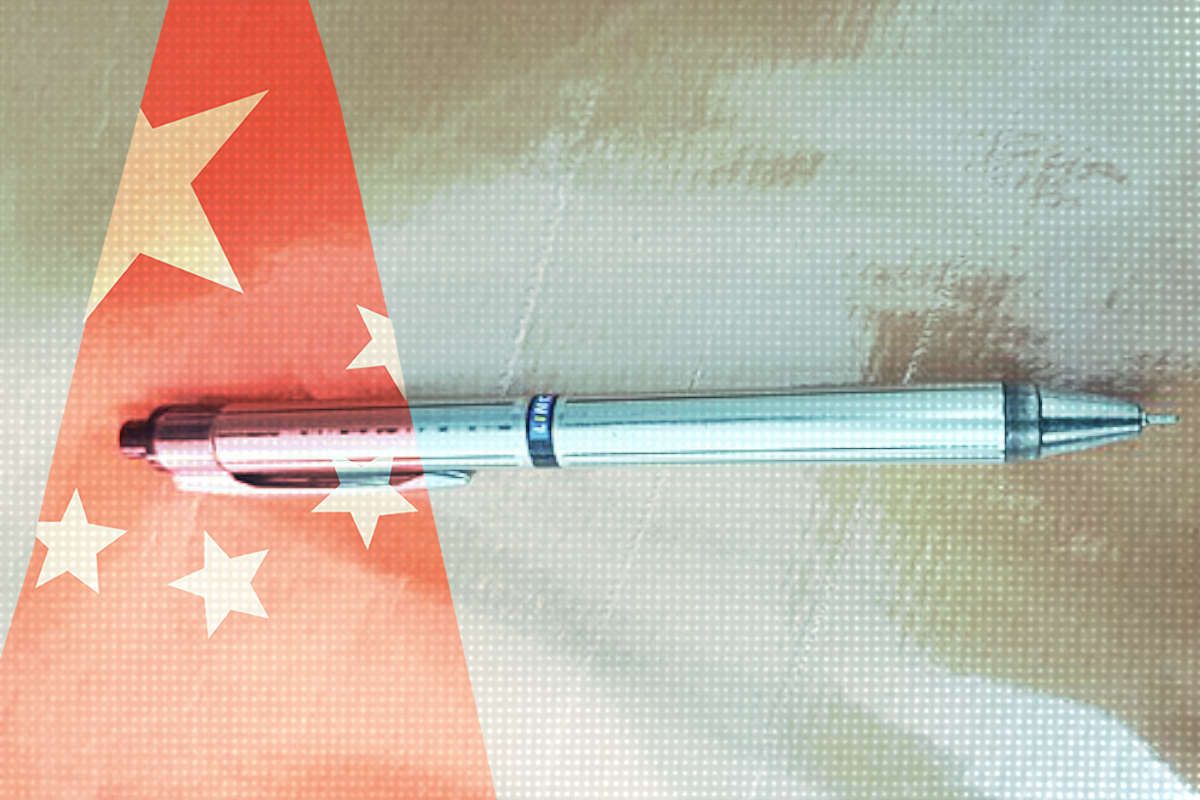Headlines and Hashtags
Chinese Media Mum on Mallet Case
We noted over the weekend that China had responded to the controversy over Hong Kong’s denial of a visa to Victor Mallet, Asia news editor of the Financial Times, as we might have expected — by 1) leaving commentary to peripheral state media (so far, only the Global Times) and 2) emphasizing the visa denial as a decision taken independently by Hong Kong.
So far, China is keeping to this playbook, and no fresh coverage is apparent today, despite continued coverage of the story internationally, and expressions of concern by organizations like the American Chamber of Commerce in Hong Kong.
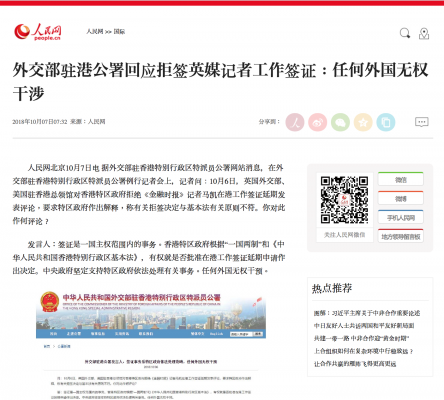
Even the voices speaking from the periphery, like that of the Global Times, seem to be getting little play within the online Chinese news space, suggesting the authorities have sought to minimize exposure. Aside from Sina.com, the Saturday commentary from the Global Times is absent from major media and portal sites. The statement from the Hong Kong office of China’s Ministry of Foreign Affairs, also posted Saturday, has been reported only by the “World” section of People’s Daily Online.
For more interesting voices from the official periphery, however, we point readers to coverage by Hong Kong’s Ta Kung Pao, a newspaper controlled by the Liaison Office of the Central Government in Hong Kong.
A piece in the Ta Kung Pao today works to paint a portrait of British hypocrisy over press freedom, quoting a journalist from Taiwan who says he was denied a Hong Kong entry visa by colonial authorities ahead of the handover. The journalist is quoted as saying: “During Hong Kong’s British period, Hong Kong government officials were all appointed by the British crown, so where was the democracy then?”
The Ta Kung Pao report concludes:
The Central Government has not tightened its policies toward Hong Kong. It’s just that certain people have purposely crossed the red line. The situation is as though a wall has been built there for 20 years, and today certain people want to remove it and say, ‘Why must there be a wall here?’ This is confusing black and white and goes against reason, and it is a refusal to accept the Constitution and the Basic Law.
A similar piece from the Ta Kung Pao yesterday sought to redirect the controversy by questioning visa denials issued in the past from the UK and the United States, including the 2016 refusal of entry to the US for BBC journalist Rana Rahimpour, who has dual British-Iranian nationality.
